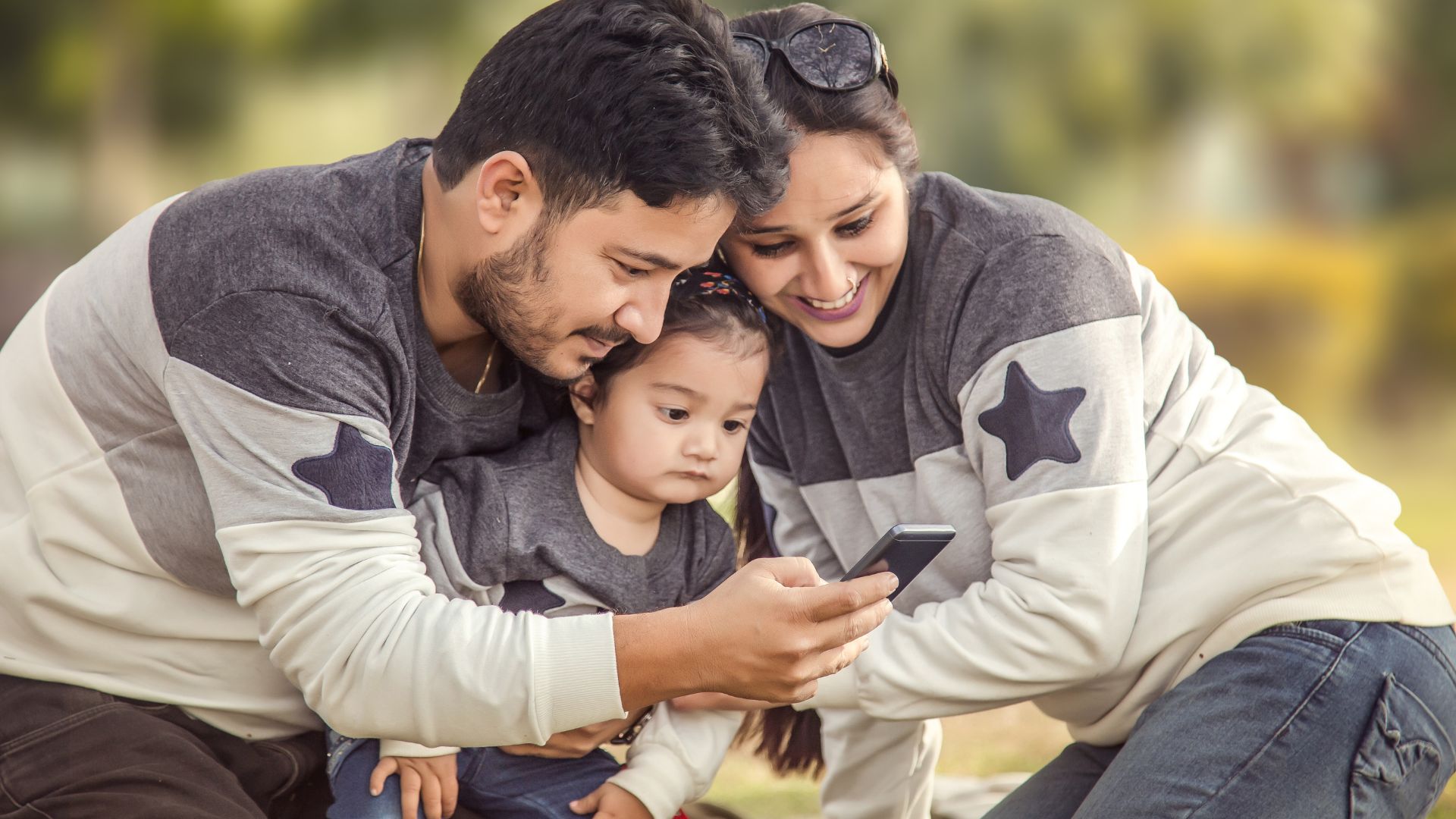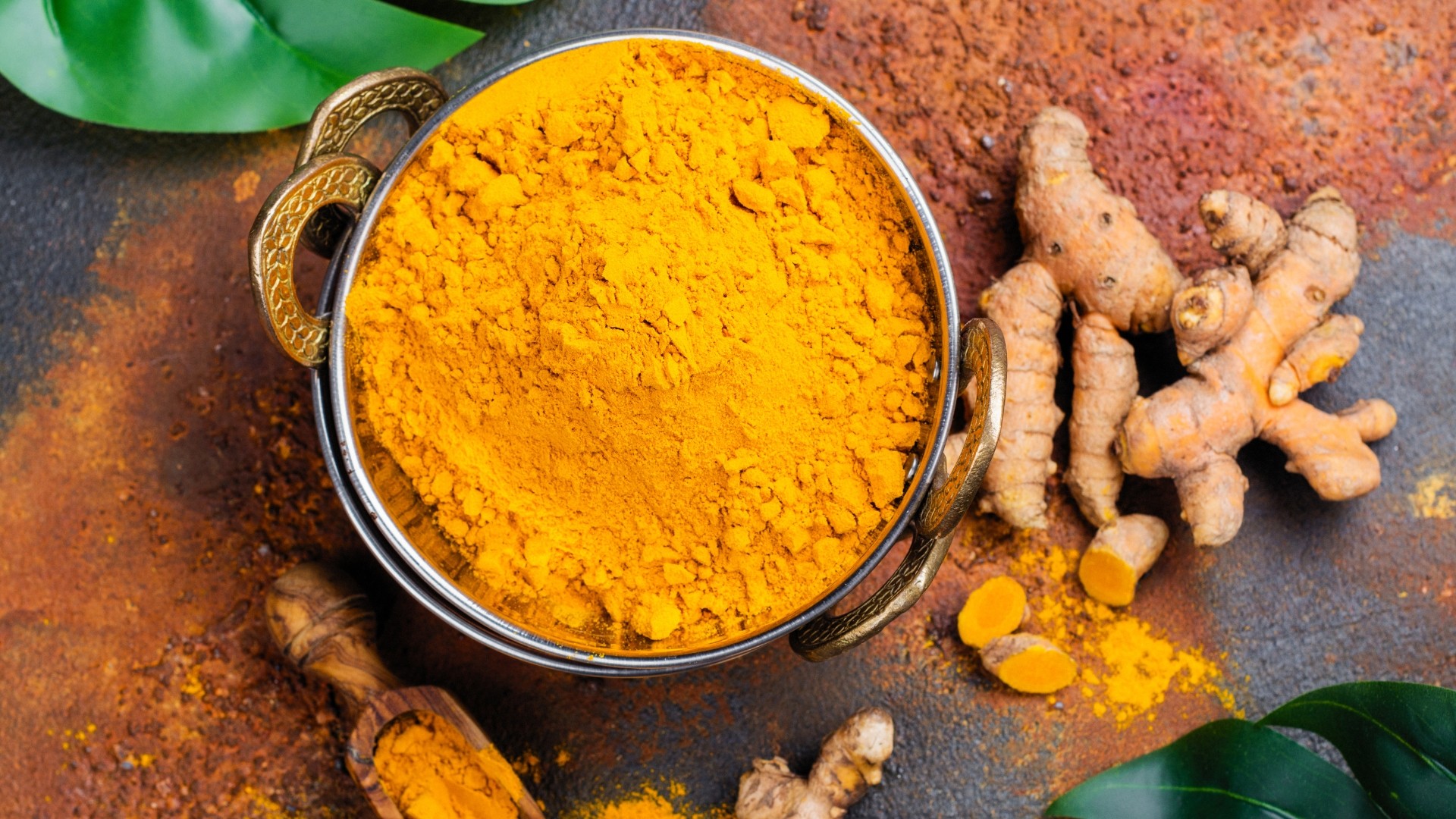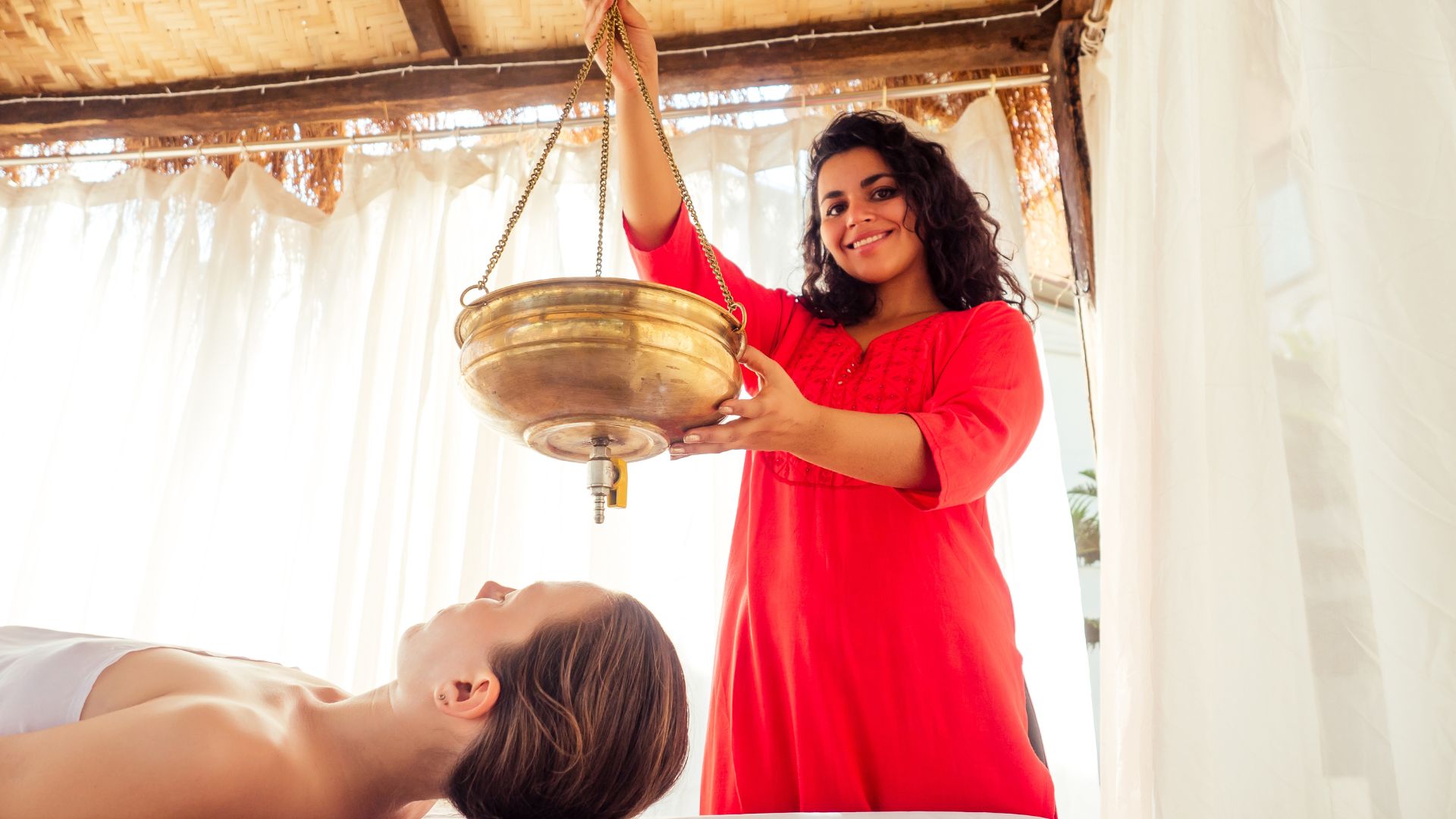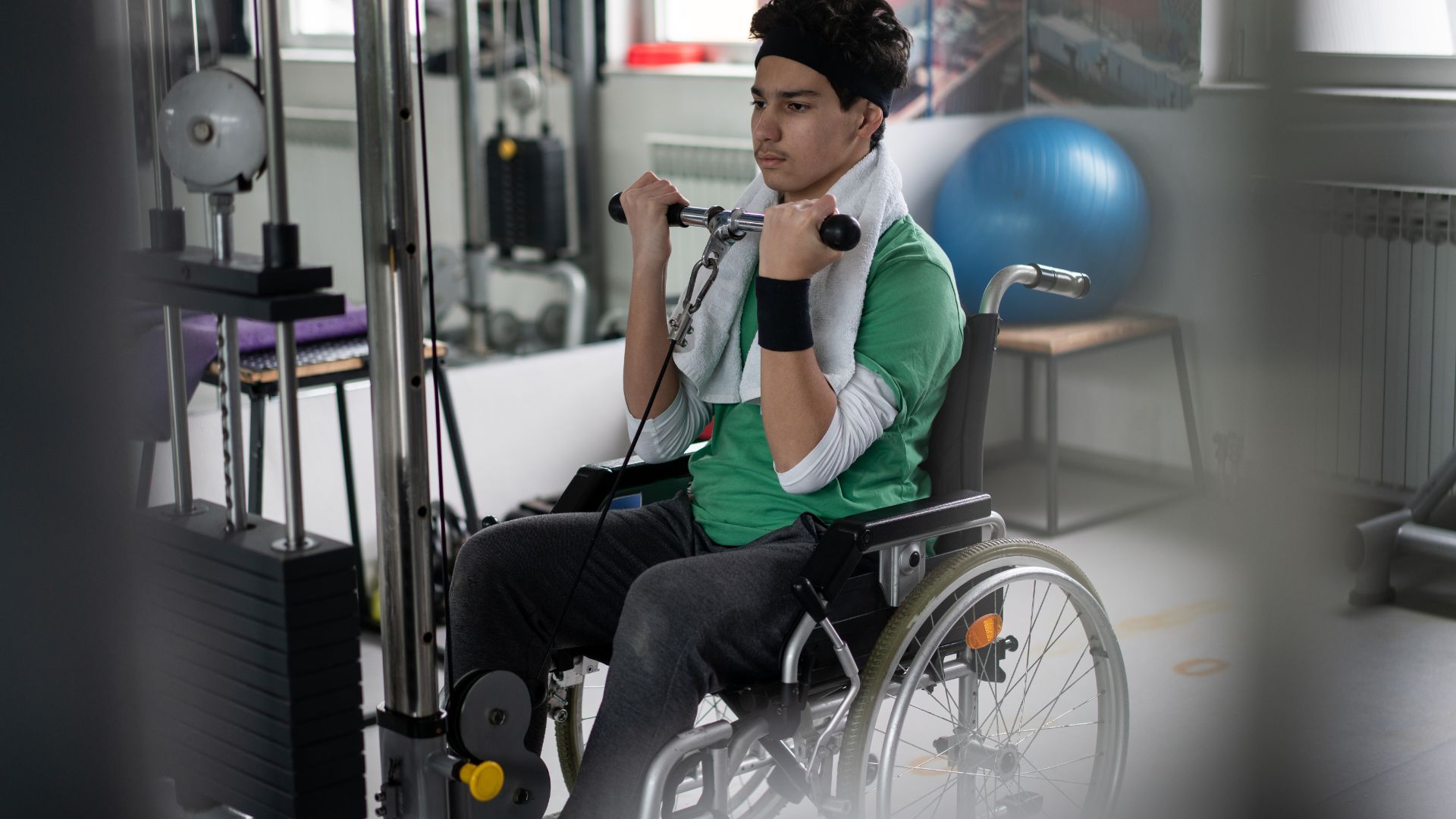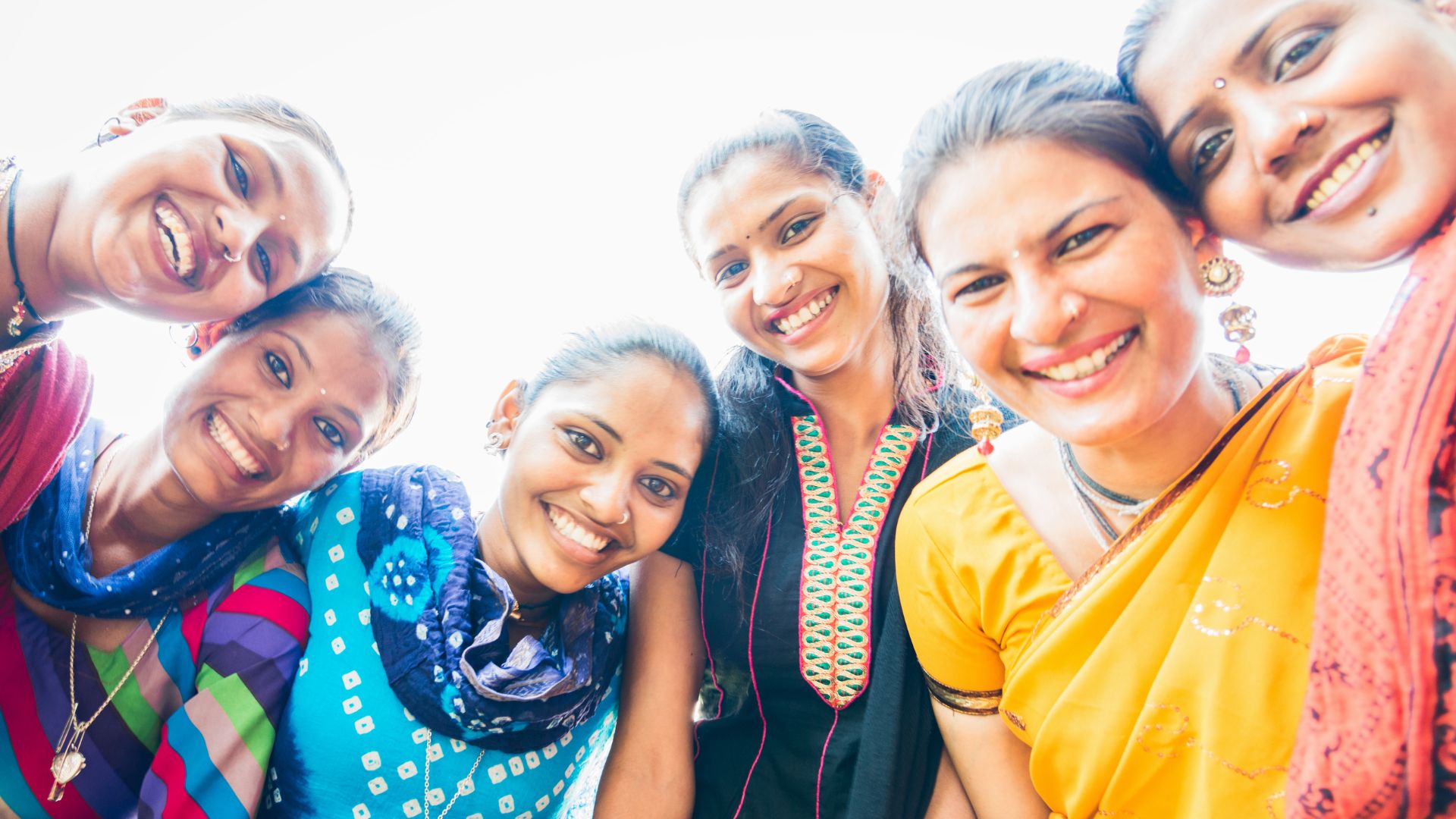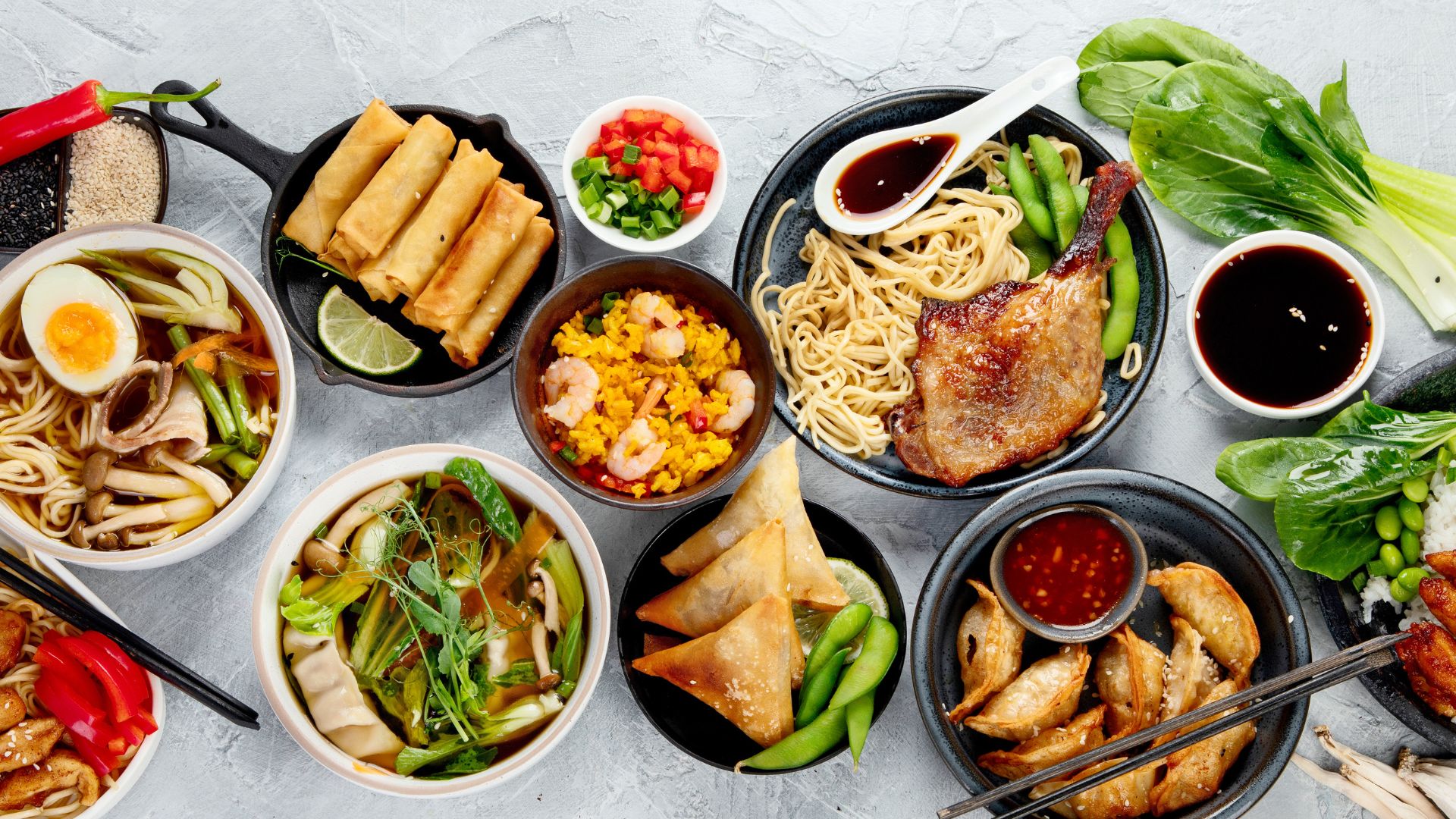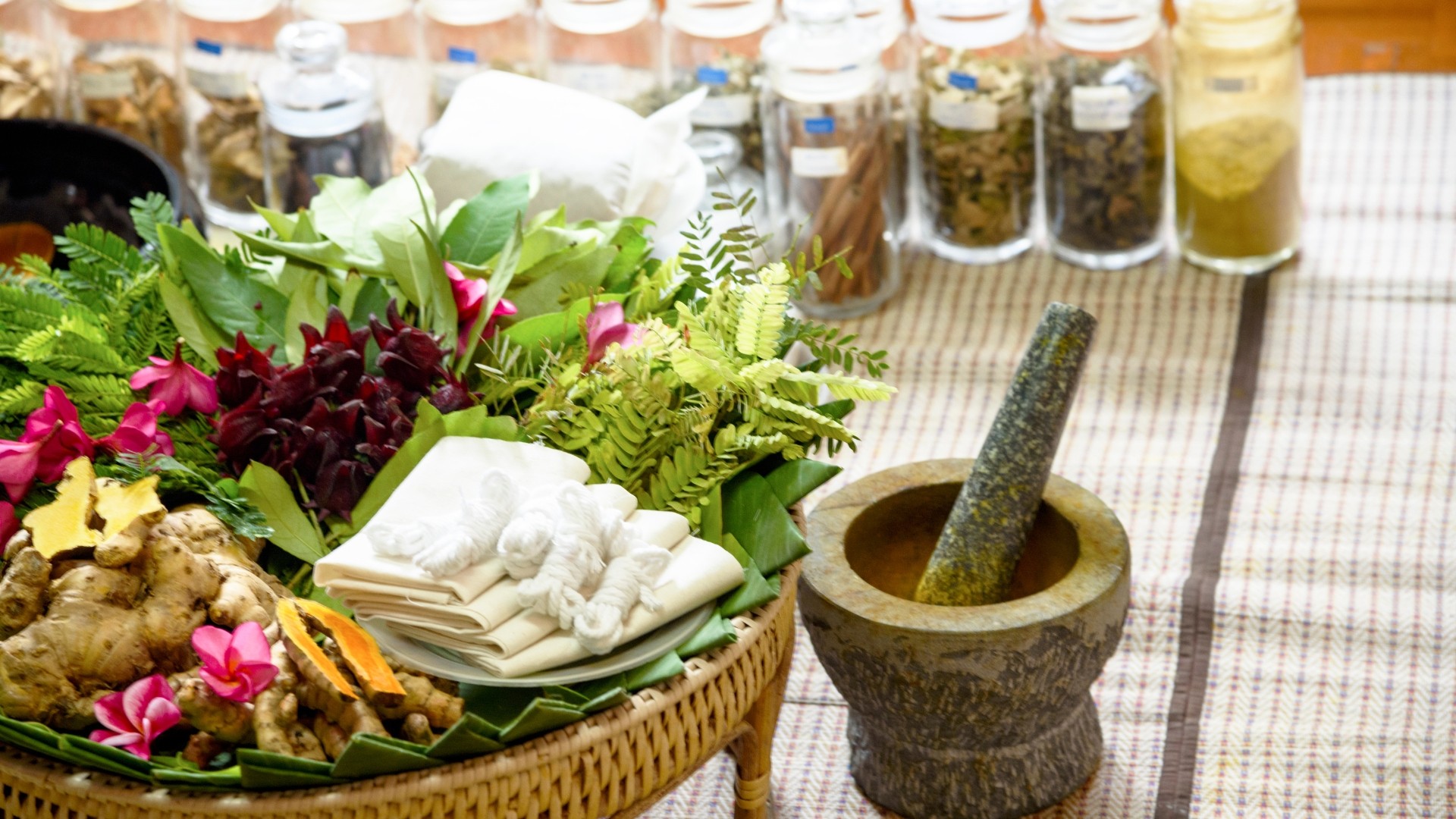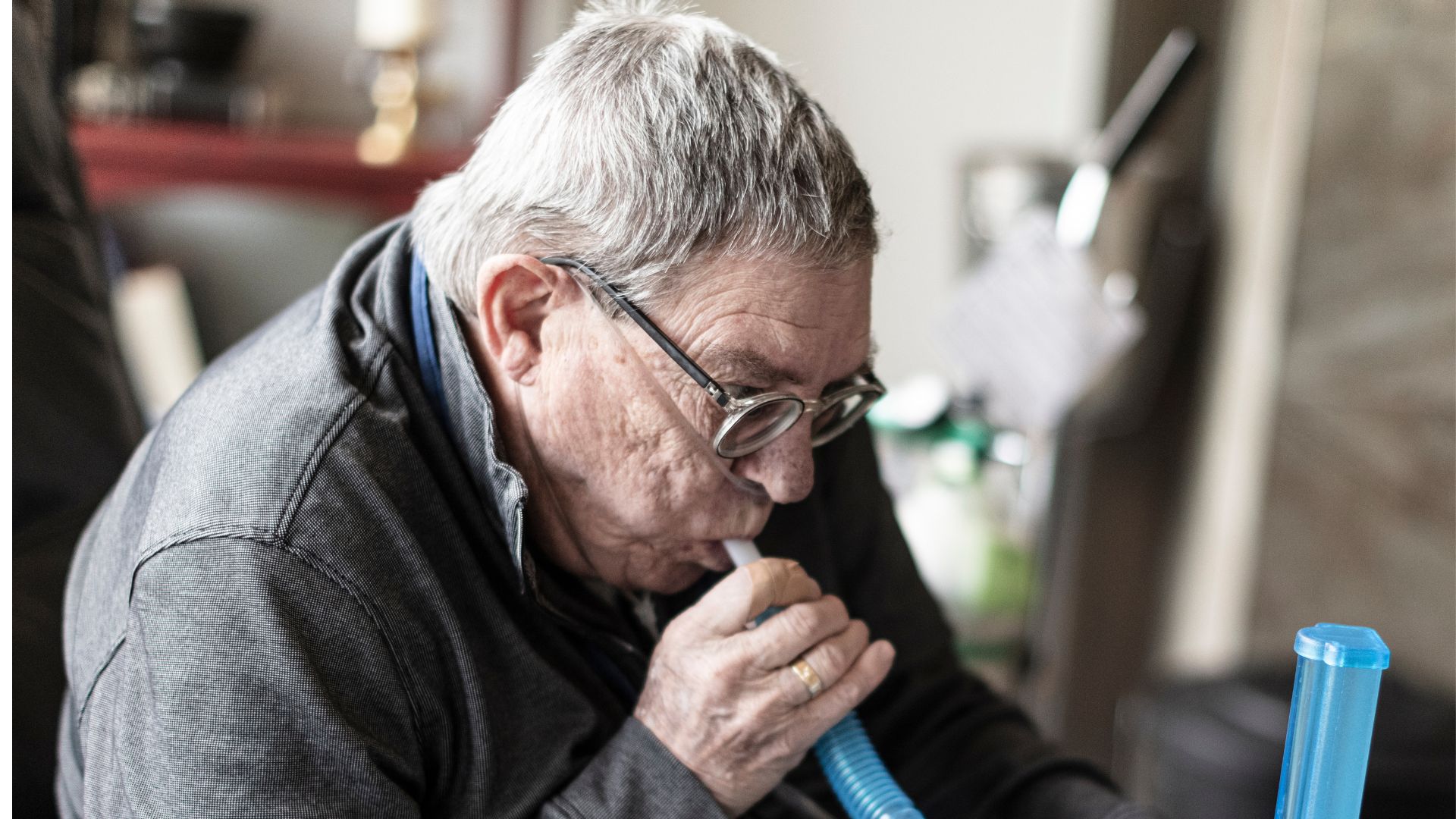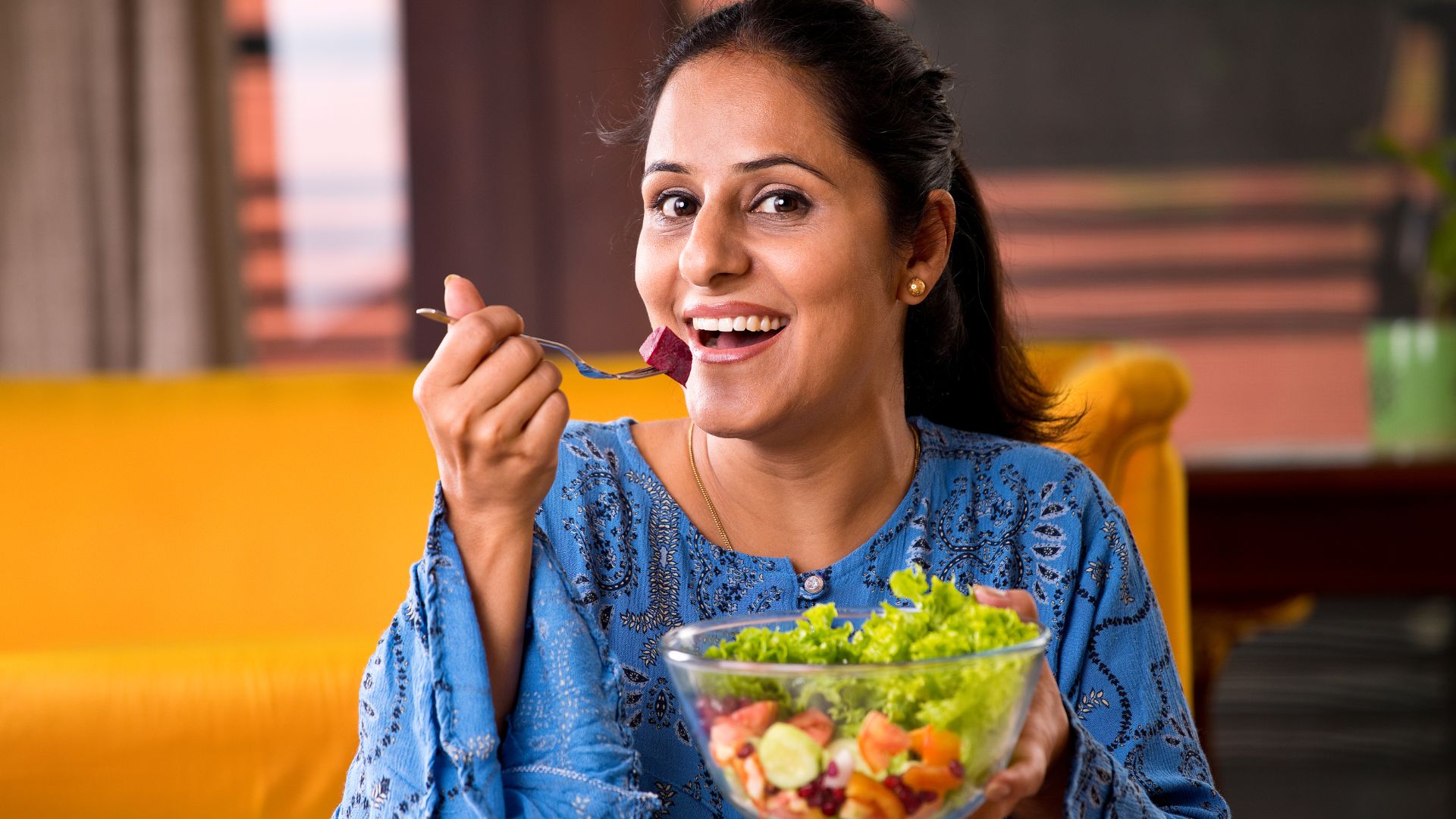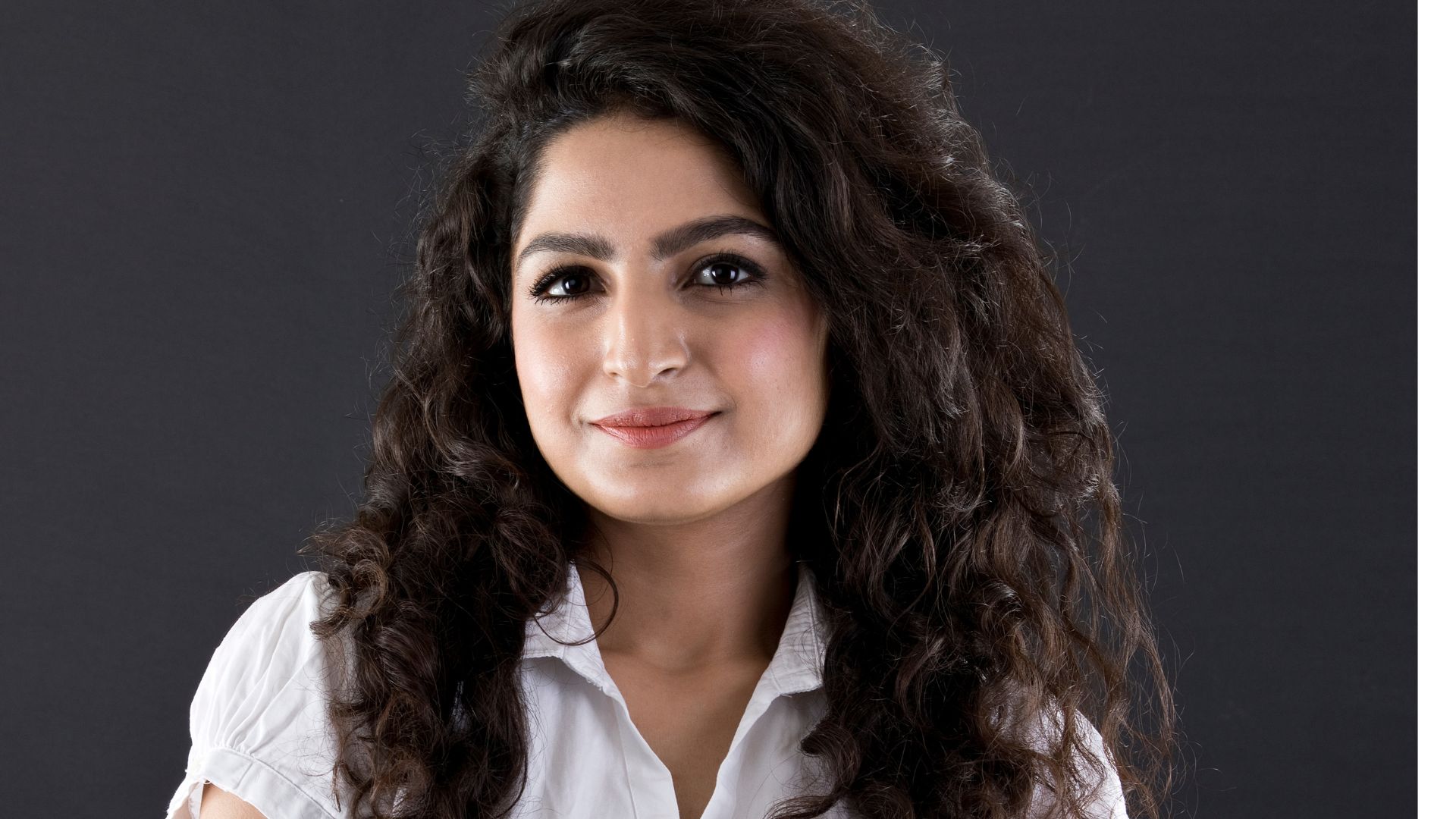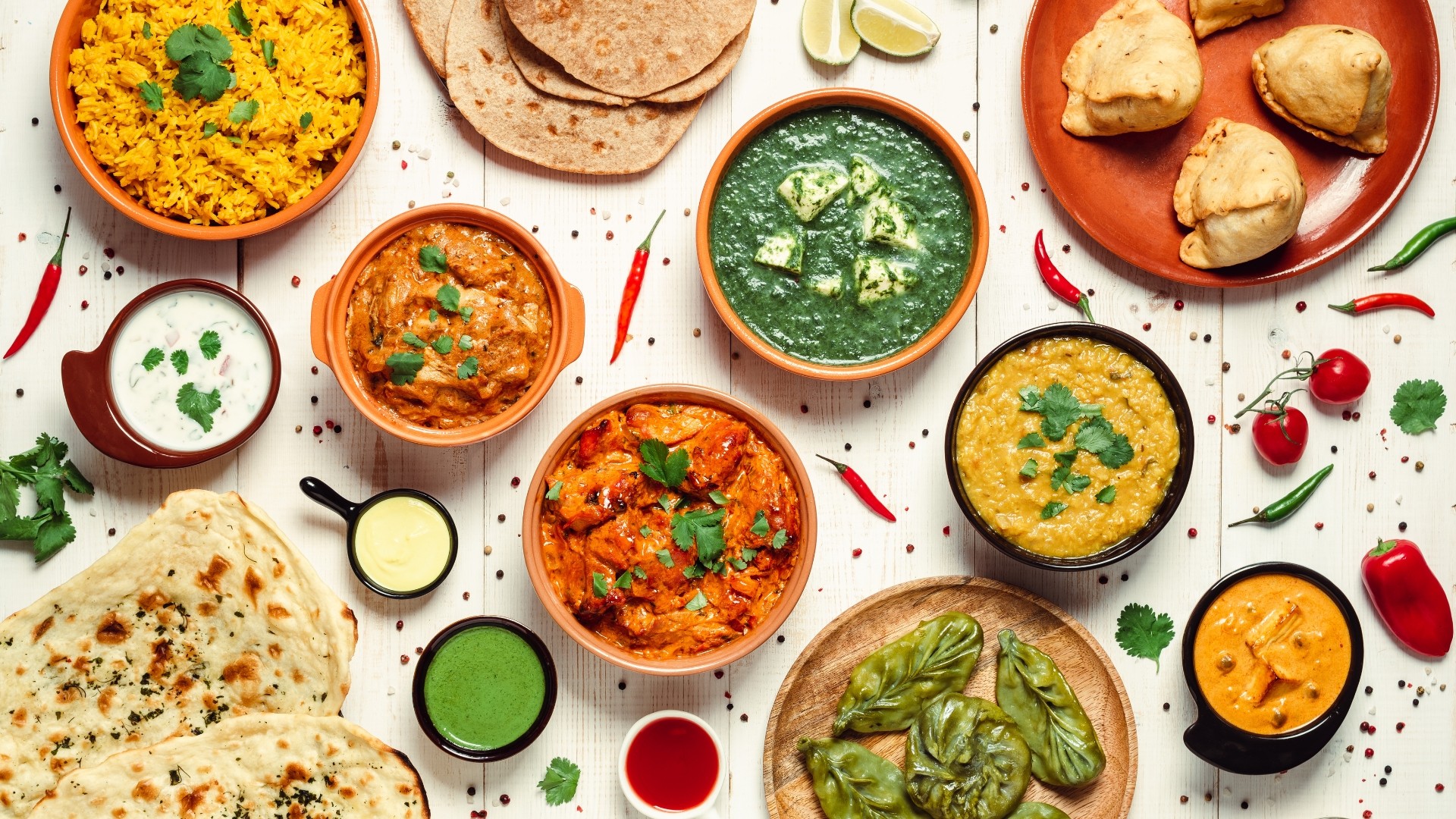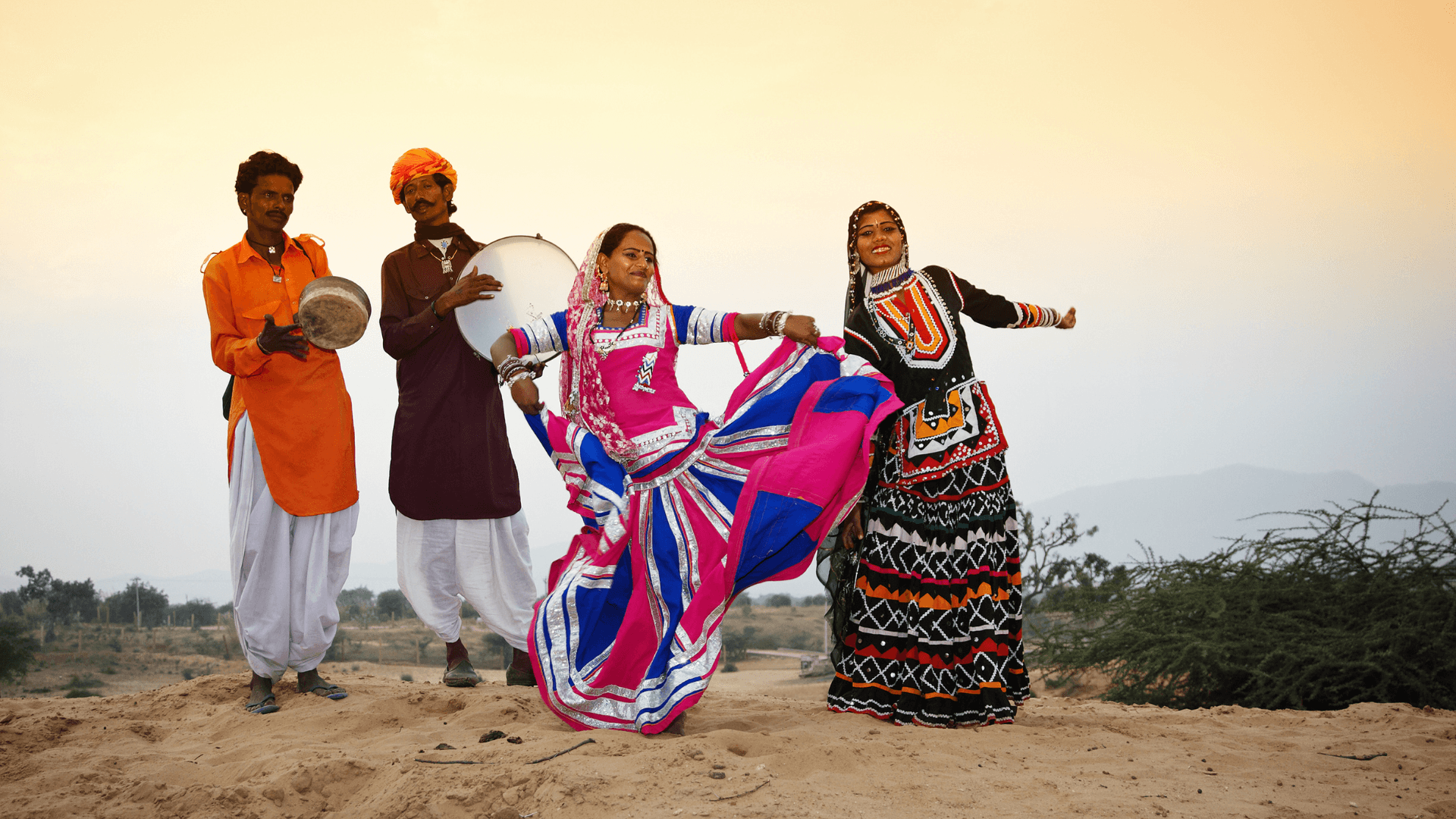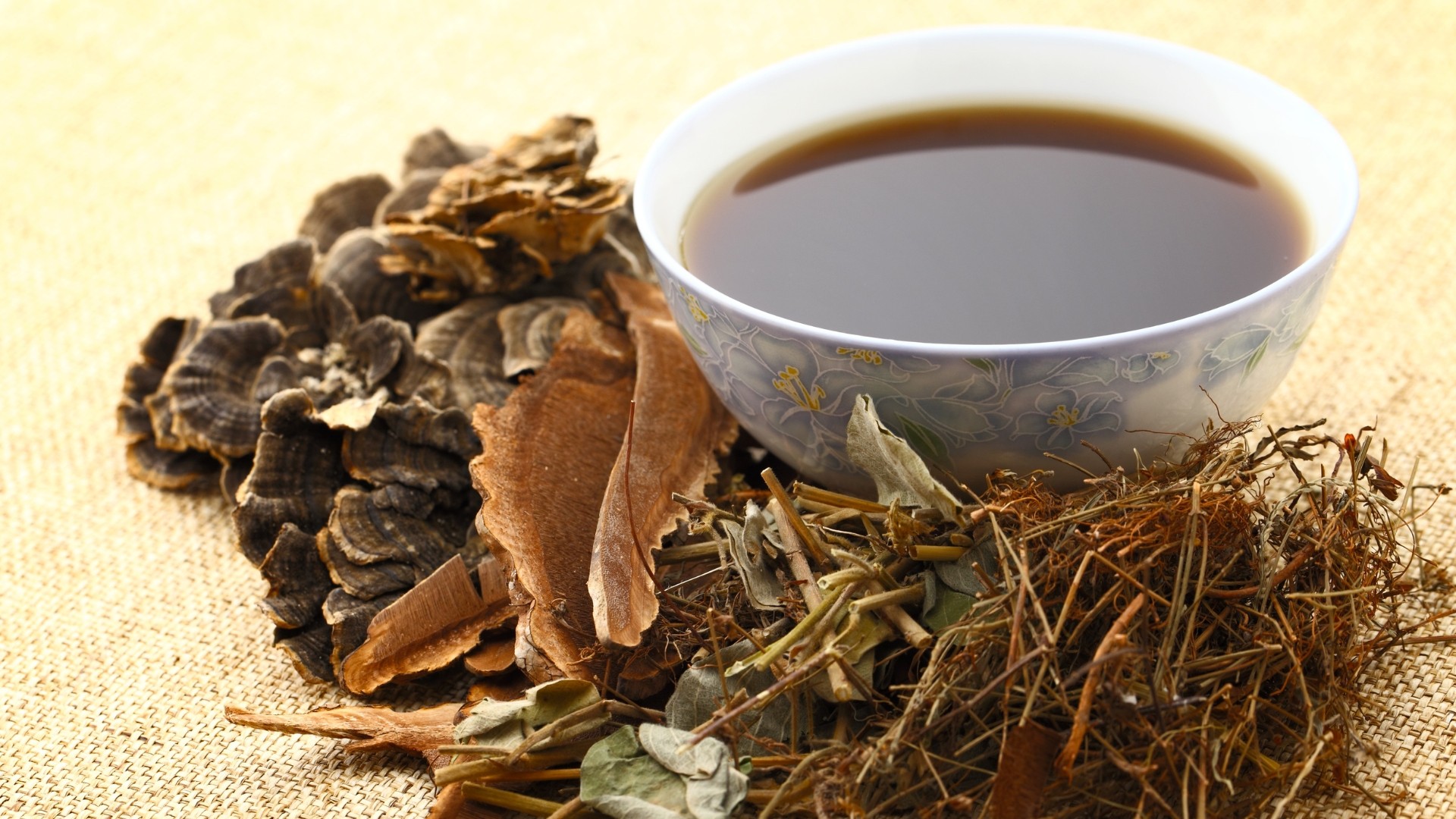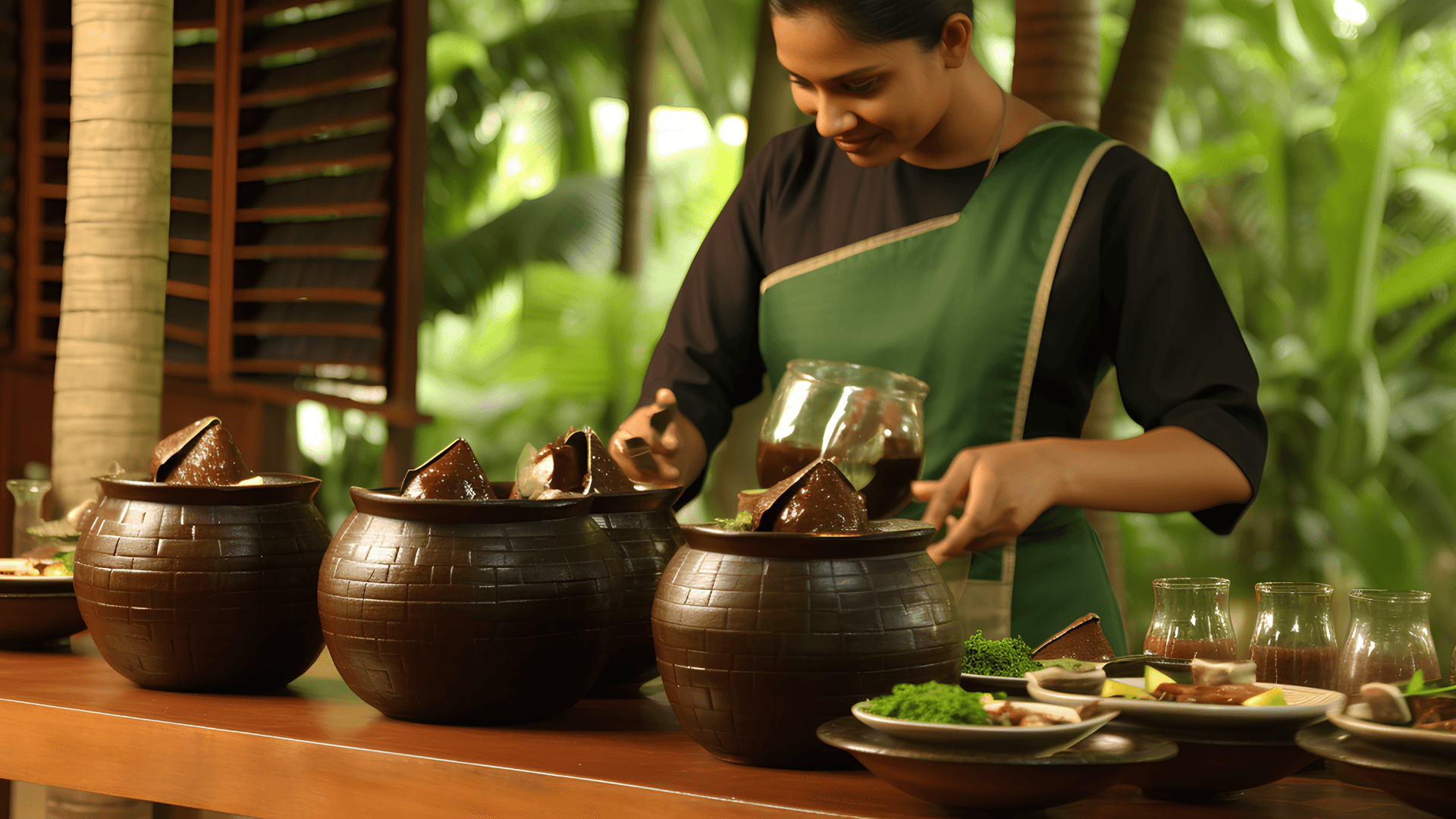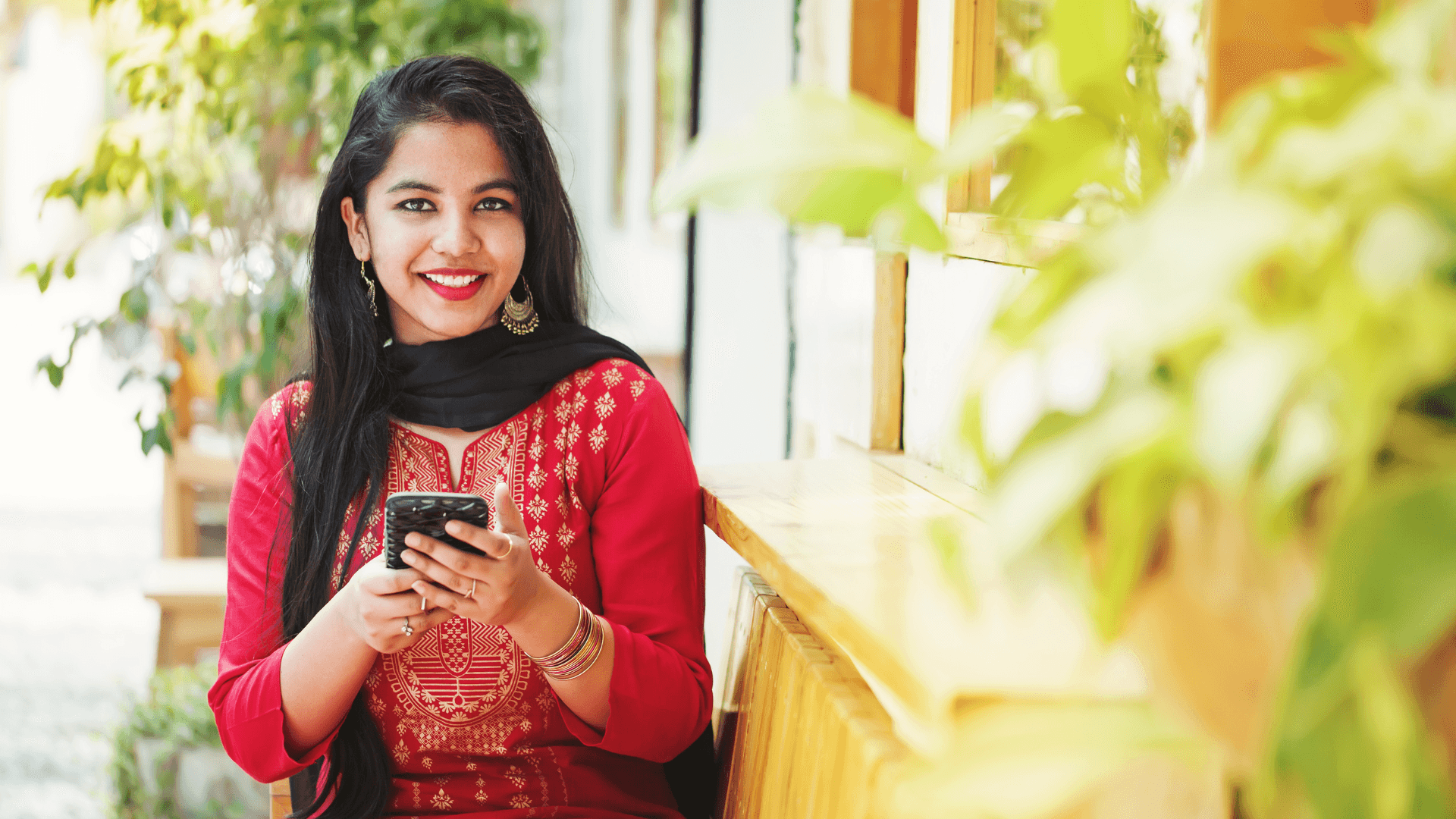Feb 20, 2024
A study by Shah & Sonuga‐Barke (1995) found differing mental health outcomes for Pakistani Muslim mothers and children in extended versus nuclear families. This study extends to British Hindu and Muslim communities, revealing better adjustment for children and grandmothers in extended families, while mothers fare better in nuclear families. Results suggest complex intergenerational dynamics impacting mental health, challenging assumptions about maternal mental health and social support systems.
In South Asia, family is not just a unit; it's a cornerstone of identity and support. This article delves into the intricate interplay between family dynamics and mental health in the region, examining cultural norms, challenges, and opportunities for fostering well-being within familial structures.
The Significance of Family:
Family plays a central role in South Asian societies, serving as the primary source of emotional, financial, and social support. Multigenerational households are common, promoting close-knit relationships and shared responsibilities. However, this closeness can also lead to heightened expectations, societal pressures, and challenges in navigating individual identities within the family unit.
Cultural Norms and Mental Health:
Cultural norms deeply influence attitudes toward mental health in South Asia. Stigma surrounding mental illness often leads to silence and denial, hindering access to care and support. Traditional beliefs may attribute mental health struggles to spiritual or supernatural causes, further complicating the landscape of understanding and acceptance.
Interplay of Roles and Hierarchies:
Family dynamics in South Asia are characterized by distinct roles and hierarchies, with elders typically holding authority and respect. While this structure fosters reverence and stability, it can also limit open communication and expression of emotions, particularly concerning mental health issues. The burden of caregiving often falls on women, adding to their emotional and psychological load.
Case of Aman:
The case of Aman, a second-generation Sikh Punjabi female living in Canada, underscores the complex interplay between familial dynamics and cultural identity. Aman's conflicts with her parents, stemming from lies about her whereabouts and her romantic relationship, highlight the challenges of navigating traditional values within a Western context. To address these issues, family counseling tailored to South Asian cultural norms is essential. By starting with an exploration of Aman's ethnic identity and facilitating open dialogue between family members, counselors can help negotiate compromises and alleviate parental stress. Additionally, providing cultural education and normalizing intergenerational differences can promote understanding and foster family harmony. This approach underscores the importance of culturally responsive mental health support for South Asian communities in Canada.
Challenges and Resilience:
South Asian families face numerous challenges in maintaining mental health, including economic hardships, migration, and cultural adaptation. However, resilience is deeply ingrained in the fabric of South Asian culture, evidenced by the collective support and resourcefulness exhibited during times of adversity. Community networks, religious practices, and traditional healing modalities offer avenues for coping and resilience-building.
Promoting Positive Change:
Addressing the complex interplay between family dynamics and mental health in South Asia requires a multi-pronged approach:
Raising awareness: Destigmatizing mental health through educational campaigns and community engagement is crucial to encourage open conversations and prompt help-seeking behavior.
Culturally sensitive interventions: Developing culturally appropriate mental health services that resonate with the values and perspectives of South Asian communities is essential for effective intervention and support.
Empowering families: Fostering open communication within families, promoting emotional expression, and encouraging healthy coping mechanisms can create a supportive environment for individual well-being.
Shifting Dynamics in Modern Times:
Globalization, urbanization, and generational shifts are reshaping family dynamics in South Asia. Nuclear families are becoming more prevalent, altering traditional support structures and caregiving roles. Rapid socio-economic changes also impact mental health, with stressors such as work pressures, technology dependence, and lifestyle changes contributing to new challenges.
Promoting Mental Health within Families:
Addressing mental health within South Asian families requires a multifaceted approach that integrates cultural sensitivity, education, and community engagement. Initiatives aimed at reducing stigma, increasing awareness, and enhancing access to culturally competent care are essential. Empowering families with tools for effective communication, conflict resolution, and stress management can strengthen resilience and promote well-being.
Conclusion:
Family dynamics exert a profound influence on mental health outcomes in South Asia, reflecting the intricate interplay of culture, tradition, and social dynamics. While challenges persist, there is also immense potential within familial structures to foster resilience, support, and healing. By acknowledging the complexities of family life and embracing culturally responsive approaches, we can work toward a future where mental health is nurtured and valued within every South Asian household.
